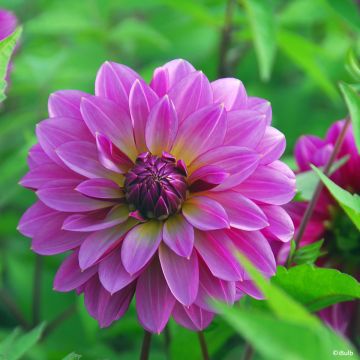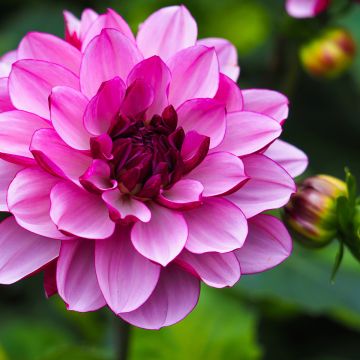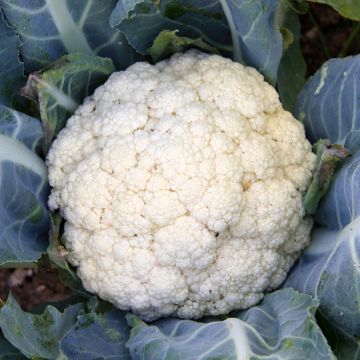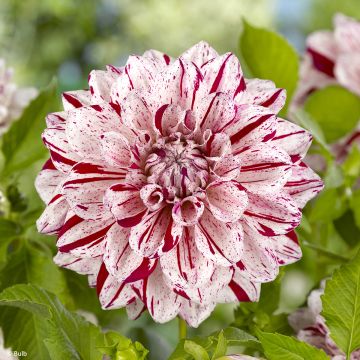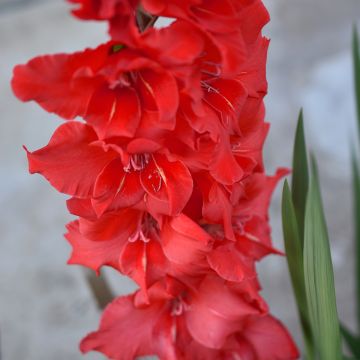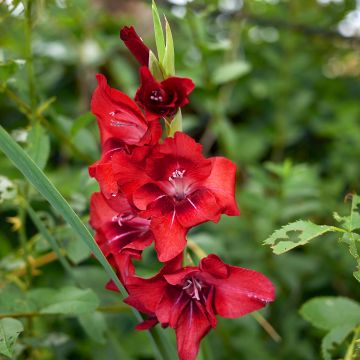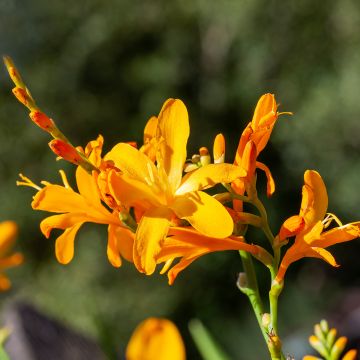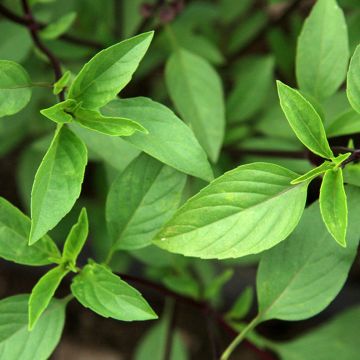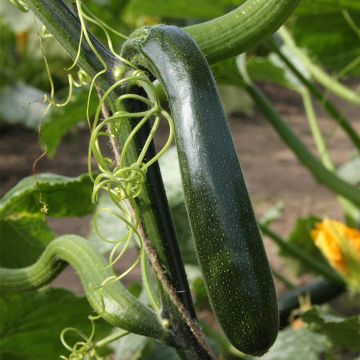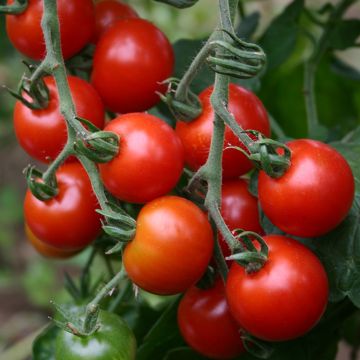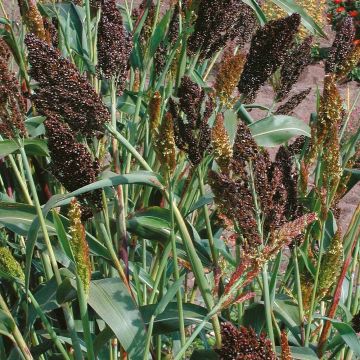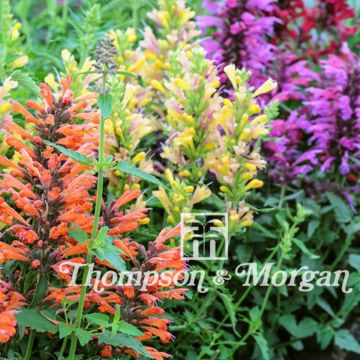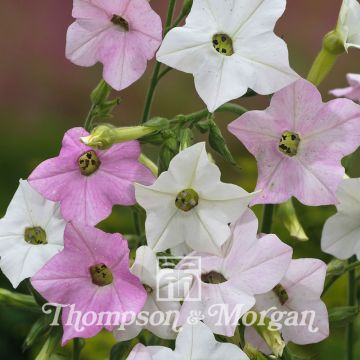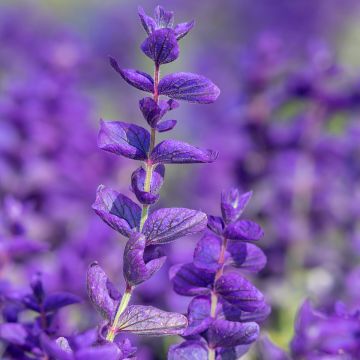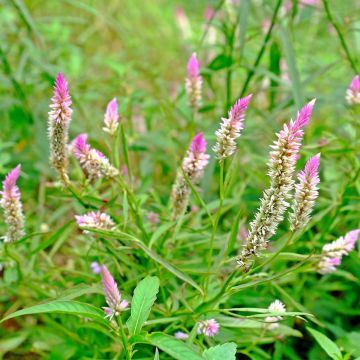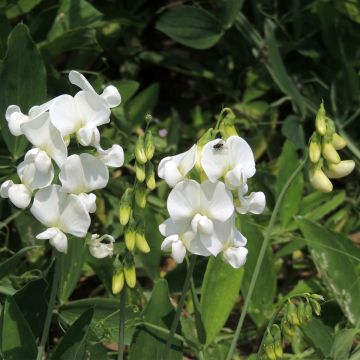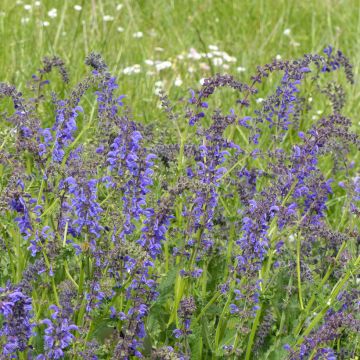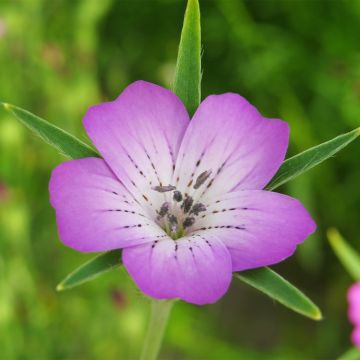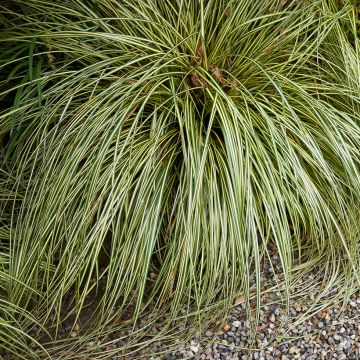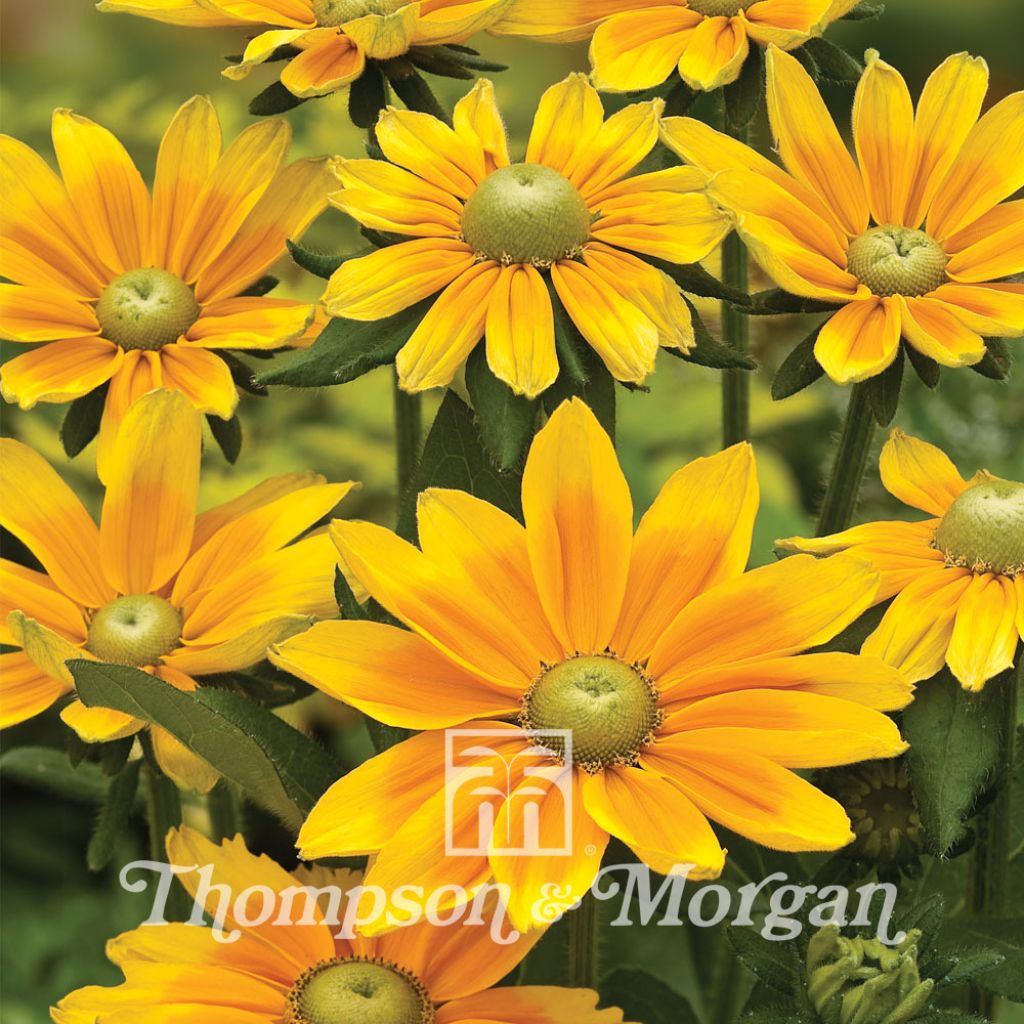

Rudbeckia Hirta Green Eyes
Rudbeckia hirta Green Eyes
Rudbeckia hirta Green Eyes
Black-eyed Susan, Gloriosa Daisy, Yellow Ox-eye Daisy
Parcel received promptly. Sowing on seedling compost.
andree, 17/04/2017
Special offer!
Receive a €20 voucher for any order over €90 (excluding delivery costs, credit notes, and plastic-free options)!
1- Add your favorite plants to your cart.
2- Once you have reached €90, confirm your order (you can even choose the delivery date!).
3- As soon as your order is shipped, you will receive an email containing your voucher code, valid for 3 months (90 days).
Your voucher is unique and can only be used once, for any order with a minimum value of €20, excluding delivery costs.
Can be combined with other current offers, non-divisible and non-refundable.
Why not try an alternative variety in stock?
View all →This plant carries a 6 months recovery warranty
More information
We guarantee the quality of our plants for a full growing cycle, and will replace at our expense any plant that fails to recover under normal climatic and planting conditions.

Would this plant suit my garden?
Set up your Plantfit profile →
Description
The Rudbeckia 'Green Eyes' is a perennial plant ephemeral cultivated as an annual or biennial, known for its ease of cultivation. In the garden, it will not last more than 2 to 3 years, but it easily self-seeds.
Originally from the centre of the United States, the Rudbeckia hirta is synonymous with Rudbeckia gloriosa.
The Rudbeckia gloriosa 'Green Eyes' is distinguished by its medium size of 60/75cm (24/30in), a bit shorter than other varieties of the species (which reach 100cm (39in)) and especially by the original colour of its large daisy-like flowers with a yellow centre and olive green heart. This colour, reminiscent of the green eyes of some Irish people, is not uncommon to find this variety under the name Rudbeckia hirta 'Irish Eyes'.
The foliage consists of a tuft of lanceolate basal leaves, toothed, dark green, 5 to 10 cm (2 to 4in) long, from which robust and branched floral stems emerge. The stems bear narrower and rather oval-shaped cauline leaves.
The flowers of Rudbeckia 'Green Eyes' are large daisies (heads) solitary with a prominent green centre and a yellow corolla. The long petals regularly arranged around the heart of the flower give it a diameter ranging from 10 to 13 cm (4 to 5in). The large number of flowers, renewing from July to October, forms a mass of undulating flowers in the wind. This bed constitutes a source of fresh flowers for making bouquets.
At the end of the summer season, the yellow-orange petals fade and fall while the centre of the flowers dries and withers. Once again, the flowers can be picked and incorporated into a dried bouquet.
Hardy, the Rudbeckia hirta 'Green Eyes' likes sunny or semi-shaded locations. As for the soil, it prefers rich, heavy, and moist but, above all, well-drained soil.
An ecological asset: Throughout the summer, the nectar-rich flowers of Rudbeckias attract pollinating insects and butterflies to your garden. A good way to improve your garden's ecosystem and promote the production of fruits and vegetables in your garden. In autumn, you can admire the constant ballet of birds that come to feed on the mature seeds they find in the heart of the dried flowers.
Report an error about the product description
Flowering
Foliage
Plant habit
Botanical data
Rudbeckia
hirta
Green Eyes
Asteraceae
Black-eyed Susan, Gloriosa Daisy, Yellow Ox-eye Daisy
Cultivar or hybrid
Other Thompson and Morgan seeds
View all →Planting and care
Before sowing the rudbeckia, place your seeds in the vegetable compartment of your refrigerator for 4 weeks. This will break the seed's dormancy and improve your sowing's success.
Sow the seeds from February to April in a seed tray. Use a good quality compost that you will sieve on the surface to bind the seed to its substrate. Before sowing, gently press down the compost with a board. Sow your seeds by broadcasting. Cover the seeds by sprinkling compost on top or using vermiculite, gently press down and water generously with a fine rain. Place your seed tray in a well-lit area, without direct sunlight, at a temperature of 20°C (68°F) to 25°C (77°F). Lower the temperature at night to 18°C (64.4°F) to create a beneficial alternation for germination.
The seeds will germinate in 10 to 21 days. When the seedlings are manageable, transplant them into 7cm (3in) pots. Keep the compost moist but not excessively during growth. Then, 15 days before their final planting, start gradually acclimating them to a temperature of 15°C (59°F).
By the end of May or early June, the temperature in the garden will be warm enough to plant your young plants. Choose a sunny location. Add a good shovel of compost to each planting hole. Space your plants 30 cm (12in) apart.
Regularly remove faded flowers to maintain their beauty and promote repeat flowering.
Sowing period
Intended location
-
, onOrder confirmed
Reply from on Promesse de fleurs
Haven't found what you were looking for?
Hardiness is the lowest winter temperature a plant can endure without suffering serious damage or even dying. However, hardiness is affected by location (a sheltered area, such as a patio), protection (winter cover) and soil type (hardiness is improved by well-drained soil).

Photo Sharing Terms & Conditions
In order to encourage gardeners to interact and share their experiences, Promesse de fleurs offers various media enabling content to be uploaded onto its Site - in particular via the ‘Photo sharing’ module.
The User agrees to refrain from:
- Posting any content that is illegal, prejudicial, insulting, racist, inciteful to hatred, revisionist, contrary to public decency, that infringes on privacy or on the privacy rights of third parties, in particular the publicity rights of persons and goods, intellectual property rights, or the right to privacy.
- Submitting content on behalf of a third party;
- Impersonate the identity of a third party and/or publish any personal information about a third party;
In general, the User undertakes to refrain from any unethical behaviour.
All Content (in particular text, comments, files, images, photos, videos, creative works, etc.), which may be subject to property or intellectual property rights, image or other private rights, shall remain the property of the User, subject to the limited rights granted by the terms of the licence granted by Promesse de fleurs as stated below. Users are at liberty to publish or not to publish such Content on the Site, notably via the ‘Photo Sharing’ facility, and accept that this Content shall be made public and freely accessible, notably on the Internet.
Users further acknowledge, undertake to have ,and guarantee that they hold all necessary rights and permissions to publish such material on the Site, in particular with regard to the legislation in force pertaining to any privacy, property, intellectual property, image, or contractual rights, or rights of any other nature. By publishing such Content on the Site, Users acknowledge accepting full liability as publishers of the Content within the meaning of the law, and grant Promesse de fleurs, free of charge, an inclusive, worldwide licence for the said Content for the entire duration of its publication, including all reproduction, representation, up/downloading, displaying, performing, transmission, and storage rights.
Users also grant permission for their name to be linked to the Content and accept that this link may not always be made available.
By engaging in posting material, Users consent to their Content becoming automatically accessible on the Internet, in particular on other sites and/or blogs and/or web pages of the Promesse de fleurs site, including in particular social pages and the Promesse de fleurs catalogue.
Users may secure the removal of entrusted content free of charge by issuing a simple request via our contact form.
The flowering period indicated on our website applies to countries and regions located in USDA zone 8 (France, the United Kingdom, Ireland, the Netherlands, etc.)
It will vary according to where you live:
- In zones 9 to 10 (Italy, Spain, Greece, etc.), flowering will occur about 2 to 4 weeks earlier.
- In zones 6 to 7 (Germany, Poland, Slovenia, and lower mountainous regions), flowering will be delayed by 2 to 3 weeks.
- In zone 5 (Central Europe, Scandinavia), blooming will be delayed by 3 to 5 weeks.
In temperate climates, pruning of spring-flowering shrubs (forsythia, spireas, etc.) should be done just after flowering.
Pruning of summer-flowering shrubs (Indian Lilac, Perovskia, etc.) can be done in winter or spring.
In cold regions as well as with frost-sensitive plants, avoid pruning too early when severe frosts may still occur.
The planting period indicated on our website applies to countries and regions located in USDA zone 8 (France, United Kingdom, Ireland, Netherlands).
It will vary according to where you live:
- In Mediterranean zones (Marseille, Madrid, Milan, etc.), autumn and winter are the best planting periods.
- In continental zones (Strasbourg, Munich, Vienna, etc.), delay planting by 2 to 3 weeks in spring and bring it forward by 2 to 4 weeks in autumn.
- In mountainous regions (the Alps, Pyrenees, Carpathians, etc.), it is best to plant in late spring (May-June) or late summer (August-September).
The harvesting period indicated on our website applies to countries and regions in USDA zone 8 (France, England, Ireland, the Netherlands).
In colder areas (Scandinavia, Poland, Austria...) fruit and vegetable harvests are likely to be delayed by 3-4 weeks.
In warmer areas (Italy, Spain, Greece, etc.), harvesting will probably take place earlier, depending on weather conditions.
The sowing periods indicated on our website apply to countries and regions within USDA Zone 8 (France, UK, Ireland, Netherlands).
In colder areas (Scandinavia, Poland, Austria...), delay any outdoor sowing by 3-4 weeks, or sow under glass.
In warmer climes (Italy, Spain, Greece, etc.), bring outdoor sowing forward by a few weeks.






























